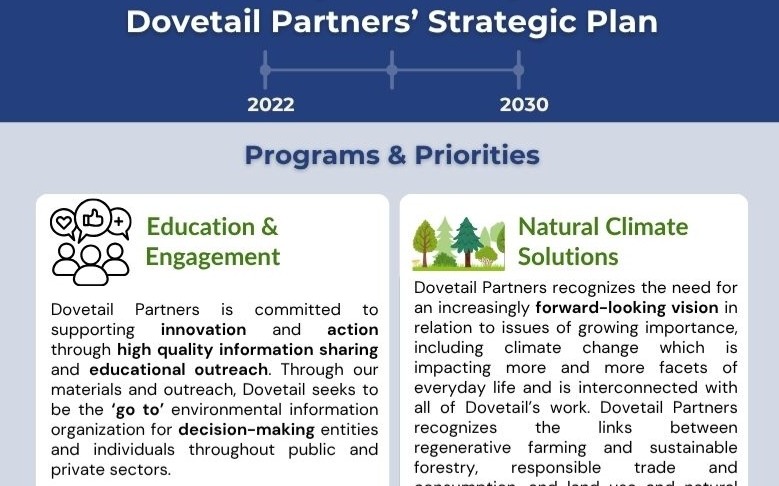At one time the term “colony” was loosely defined as: any geographic region that exported raw materials to the “home country” and then purchased those materials back as value added products. By that economic measure, the U.S. is quickly becoming a colony of Asia.
Obviously there are alternative definitions of a colony, but in many ways the term conveys a form of economic interdependence that we are seeing develop today between various nations around the globe. It is becoming increasingly common for China, as an example, to purchase their hardwood lumber in the U.S. and sell it back to us in the form of furniture, cabinets, and other value added hardwood products. There are costs and benefits to this reality. Unfortunately, however, the majority of costs are borne by the U.S. hardwood products industry while many of the benefits are received by China. In recent years the domestic furniture industry has been decimated by increased importation and a similar impact is starting to be felt by the cabinet industry.
To many hardwood companies the situation looks hopeless; it appears impossible to compete with overseas firms that pay cents on the dollar for labor and, in many cases, have fewer regulations to contend with. While direct competition in such an environment may prove extremely difficult to impossible, change, so as to shift out of a directly competitive mode, can improve the business outlook.
Yet change, a difficult challenge under any conditions, can only occur if we do something different. And dramatic change can often occur only by doing something dramatically different. In addition, some of the approaches needed to address this conflict may seem absurd to some, in that many possibilities include actually raising per unit cost, through an increase in the number of products or services offered and/or through investment in shorter lead times and more skilled leaders. Yet, as Einstein said, only those willing to attempt the absurd can ever achieve the impossible.
We suggest that there are two keys to competing in this ever-competitive world: a) providing organizational leadership that is multidimensional, relationship-centric, and bottom line focused rather than fixated on gross margins, and b) creating an organization that is able to learn and adapt to change rapidly. There are a number of very good books that discuss this: Good to Great and The Fifth Discipline are excellent examples. We also suggest that it is important to look outside the firm for help rather than “putting your nose to the grindstone” or “shoulder to the wheel.” Working harder won’t help. Working smarter is the only solution.
- Lead AuthorHowe & Bowyer
- DateJanuary 2007
- CategoryCertification, Environmental, Wood
- Project FileDownload

.png)
.png)

.png)
.png)
